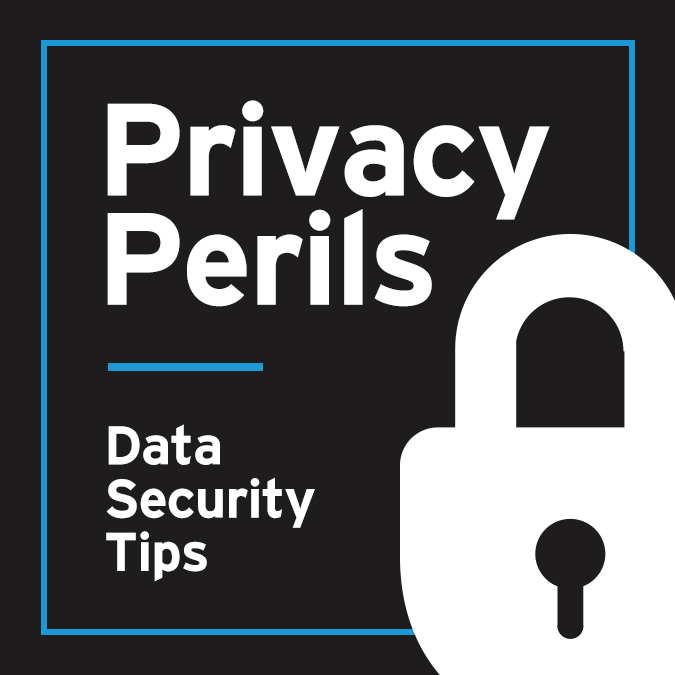Summer travel is upon us! Gone are the days of just packing a suitcase full of clothes and a good book. Today, most of us cannot board a plane without a laptop, tablet, smartphone or two. “Travelers are particularly vulnerable to security threats because they are in a different environment with unfamiliar risks,” says Adam Dean, a senior security specialist with GreyCastle Security, a cybersecurity services provider in New York. Below we’ve put together some tips on how to protect your privacy when you travel.
Get a virtual private network
Although you might think you found a goldmine when you score a free public wifi network, keep in mind that public networks are a “No. 1. danger when it comes to privacy,” according to Dimitar Dobrev, a director for VPNArea, a VPN provider. Hackers have the ability to create public networks and access your information once you log on them. Using a VPN or other secure wireless network can help prevent unauthorized access to your information.
Avoid using public charging stations
Also keep in mind that if you are low on battery power in a public place, you should try to avoid public charging stations because (although its rare) they have been periodically compromised by cybercriminals who use them to access data from phones.
Be cautious of your seatmates
Often referred to as “visual hacking,” you never know when your seatmate might be watching how you type your passwords or what type of information you are accessing on your computer. According to a study by 3M, more than 90% of visual hacking attempts are successful. Consider purchasing a privacy screen for your computer and at a minimum, be cautious of who might be viewing your laptop or phone.
Do not leave your device unattended
Physically having control of your device is an easy way to protect against someone stealing your data. Try to avoid leaving your devices unattended and if you do leave them unattended, be mindful of whether your device appears to be moved or tampered with when you return. If you are planning to leave your computer unattended, be sure to turn it off completely instead of just hibernating it or putting it to sleep.
Be mindful of the personal information you provide to others
While you cannot prevent data breaches from occurring to hotels or airlines, you can take steps to control the amount of personal information these companies have on you and the way you deliver the information. When checking into a hotel or a flight, consider handing the employee your credit card or driver’s license instead of providing this information out loud to avoid eavesdroppers from getting your name and financial information. Also, be sure to verify the identity of any travel related employees (i.e. hotel, airline, travel company) before providing them your personal information. For example, if you receive a call to your room from the hotel front desk, always verify that the individual you are speaking to actually works at the hotel and better yet, go down to the front desk to verify before disclosing any of your personal information.
Follow-up after your trip
When you get home, check your bank activity and credit card activity to see if there is anything you do not recognize. Also, consider changing all passwords that you used on your vacation.
 Check out our series, Privacy Perils, to learn what steps you can take to guard your personal and company data. For more information about this topic and other cyber security concerns, please contact a member of our Privacy & Data Security team.
Check out our series, Privacy Perils, to learn what steps you can take to guard your personal and company data. For more information about this topic and other cyber security concerns, please contact a member of our Privacy & Data Security team.


